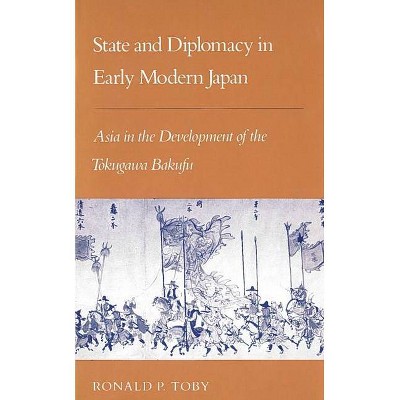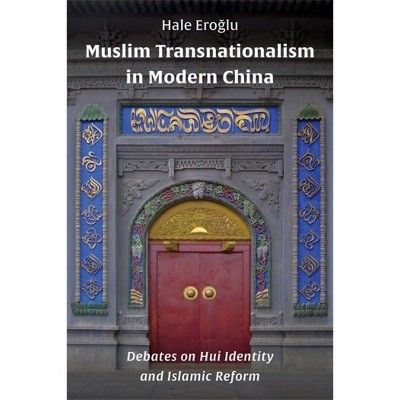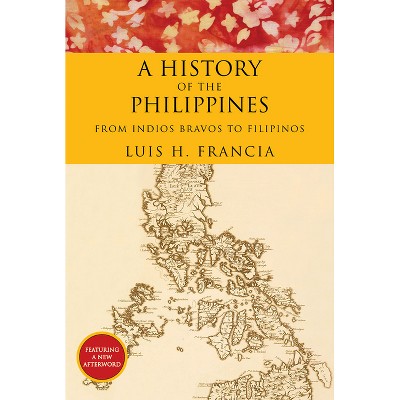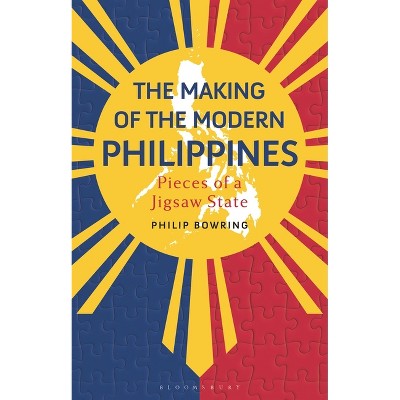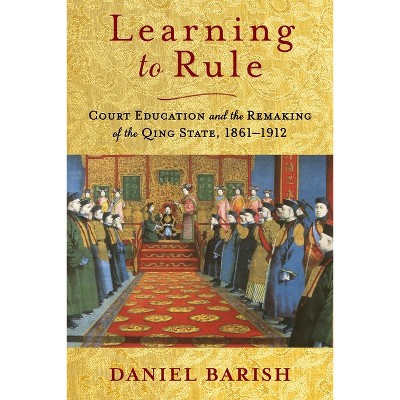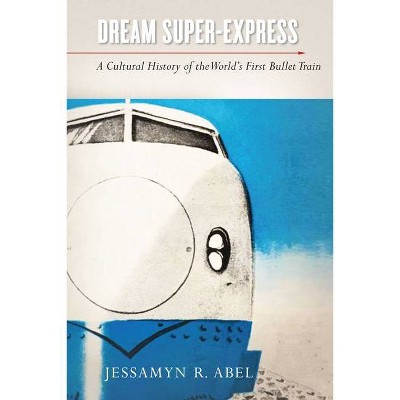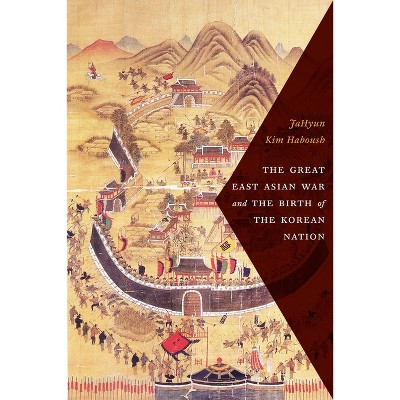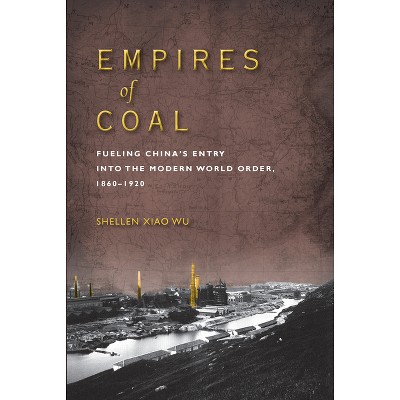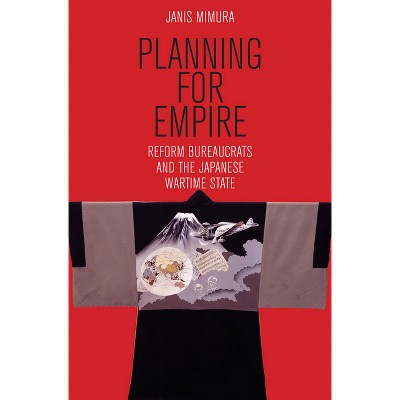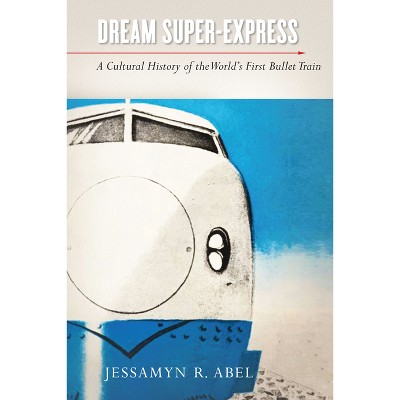Sponsored

Asian Place, Filipino Nation - (Columbia Studies in International and Global History) by Nicole Cuunjieng Aboitiz (Paperback)
In Stock
Sponsored
About this item
Highlights
- The Philippine Revolution of 1896-1905, which began against Spain and continued against the United States, took place in the context of imperial subjugation and local resistance across Southeast Asia.
- About the Author: Nicole CuUnjieng Aboitiz is a research fellow at Clare Hall, University of Cambridge, and is executive director of the Toynbee Prize Foundation.
- 272 Pages
- History, Asia
- Series Name: Columbia Studies in International and Global History
Description
About the Book
Nicole CuUnjieng Aboitiz reconnects the Philippine Revolution to the histories of Southeast and East Asia through an innovative consideration of its transnational political setting and regional intellectual foundations. She charts turn-of-the-twentieth-century Filipino thinkers' and revolutionaries' political organizing and proto-national thought.Book Synopsis
The Philippine Revolution of 1896-1905, which began against Spain and continued against the United States, took place in the context of imperial subjugation and local resistance across Southeast Asia. Yet scholarship on the revolution and the turn of the twentieth century in Asia more broadly has largely approached this pivotal moment in terms of relations with the West, at the expense of understanding the East-East and Global South connections that knit together the region's experience. Asian Place, Filipino Nation reconnects the Philippine Revolution to the histories of Southeast and East Asia through an innovative consideration of its transnational political setting and regional intellectual foundations.
Nicole CuUnjieng Aboitiz charts turn-of-the-twentieth-century Filipino thinkers' and revolutionaries' Asianist political organizing and proto-national thought, scrutinizing how their constructions of the place of Asia connected them to their regional neighbors. She details their material and affective engagement with Pan-Asianism, tracing how colonized peoples in the "periphery" of this imagined Asia--focusing on Filipinos, but with comparison to the Vietnamese--reformulated a political and intellectual project that envisioned anticolonial Asian solidarity with the Asian "center" of Japan. CuUnjieng Aboitiz argues that the revolutionary First Philippine Republic's harnessing of transnational networks of support, activism, and association represents the crucial first instance of Pan-Asianists lending material aid toward anticolonial revolution against a Western power. Uncovering the Pan-Asianism of the periphery and its critical role in shaping modern Asia, Asian Place, Filipino Nation offers a vital new perspective on the Philippine Revolution's global context and content.Review Quotes
The volume will become an important point of reference for specialists and generalists alike. It would be suitable for adoption in courses on intellectual history, Asian history, Southeast Asian history, nationalism, anti-colonialism, the Philippines, imperial Japan, or World War II.-- "Global Intellectual History"
By merging a rich national historiography with novel transnational trends, CuUnjieng Aboitiz accomplishes a provocative new interpretation of the Philippine revolution of 1896. Through a masterly juxtaposition of the rooted particulars of "place" with an evolving Pan-Asian sensibility, she reveals the revolution's deep yet long overlooked Asian resonances. In a deftly paradoxical twist, her innovative international focus illuminates this seminal event's profound import for the Philippine nation.--Alfred W. McCoy, author of Policing America's Empire: The United States, the Philippines, and Rise of the Surveillance State
Dislodging the Philippine Revolution and Japan-centric Pan-Asianism from the familiar frames of national history and East-West relations, CuUnjieng Aboitiz examines the transnational affinities and networks connecting the Philippines to Japan, Vietnam, and the region and foregrounds the vital work of non-Western thinkers in creating the modern nation-state in Asia. This is a fresh, keenly intelligent contribution to Asian intellectual history.--Resil B. Mojares, author of Brains of the Nation: Pedro Paterno, T.H. Pardo de Tavera, Isabelo de Los Reyes and the Production of Modern Knowledge
In restoring the intellectual history of the Philippine Revolution, at long last, to its pan-Asian context, Nicole CuUnjieng Aboitiz offers a startling new perspective not only on the history of the Philippines in that era but on the evolution of anticolonial modernity in Asia writ large.--Erez Manela, Harvard University
About the Author
Nicole CuUnjieng Aboitiz is a research fellow at Clare Hall, University of Cambridge, and is executive director of the Toynbee Prize Foundation. She holds a PhD in Southeast Asian and international history from Yale University.Shipping details
Return details
Guests also viewed


